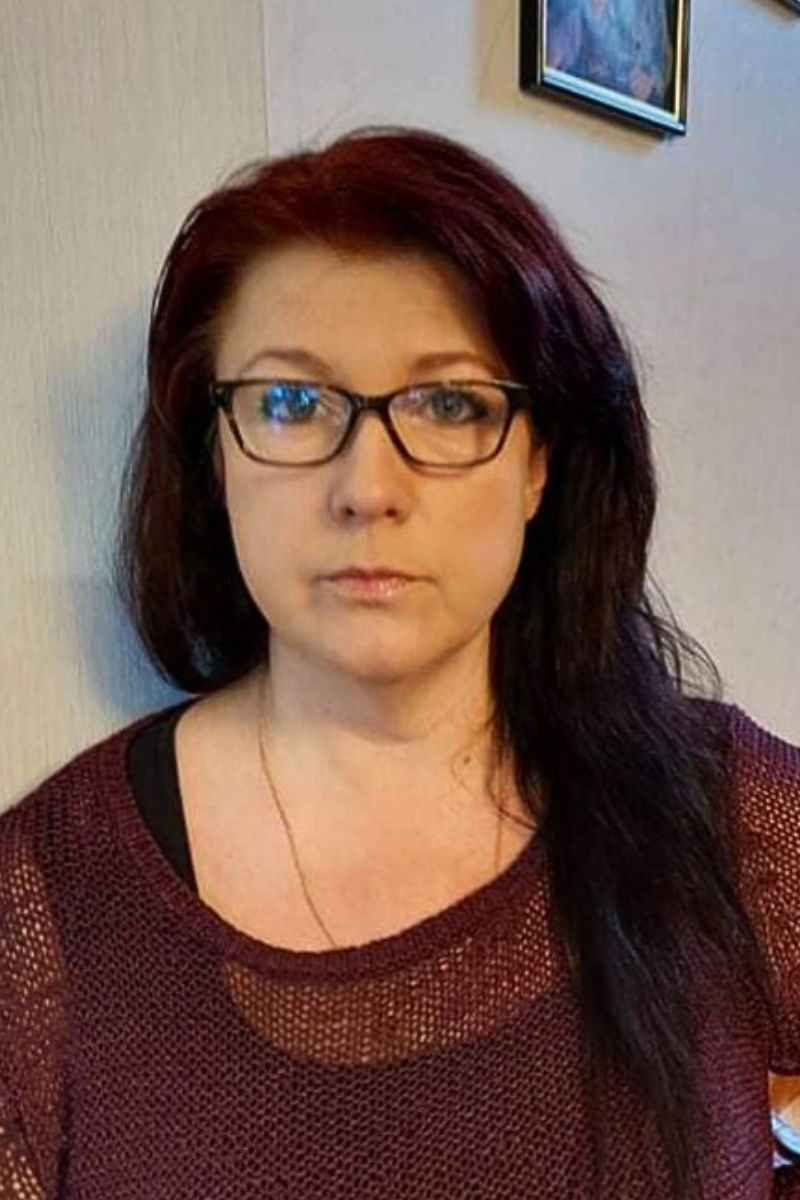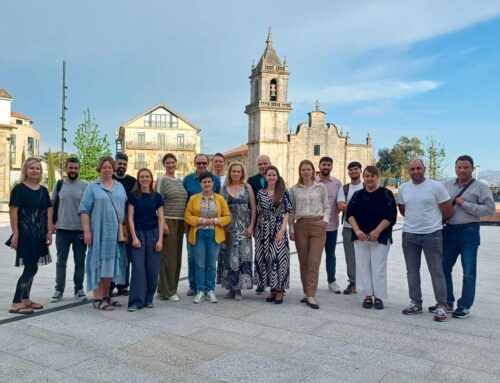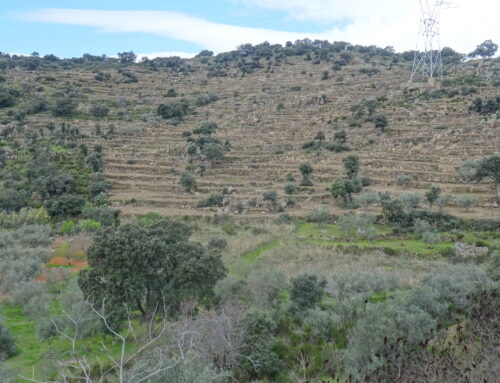“The twelve REC planned by EC4RURAL would change the Estonian energy community situation quite significantly”
With a wide professional background in energy community projects since 2017, Nele Ivask has a good knowledge of Estonia’s community energy landscape. At TREA, she focuses on supporting the twelve pilot municipalities to develop tailored Rural Energy Communities (RECs), providing technical expertise. Despite social and technical challenges, Ivask highlights the project’s flexible approach and the importance of fostering community-driven solutions to promote renewable energy in Estonia’s dispersed rural areas. “In Estonia, Rural Energy Communities are not yet well accepted but we are raising awareness about them”, she said.
Could you introduce TREA to us and its work in the framework of the EC4RURAL project?
TREA, the Tartu Regional Energy Agency, was established fifteen years ago and its main goal is to support local municipalities, communities, citizens and entrepreneurs regarding different energy and energy management topics. Initially, TREA was meant to support the energy transition in South-Estonia, but by now activities have expanded countrywide. TREA is providing technical consultancy and expertise regularly on reconstruction and energy management for apartment associations and participates in different reconstruction, renewable energy and energy communities’ European projects. By now, community energy has become one of TREAs line of actions. In EC4RURAL TREA is acting as (community)energy expert partner and its main responsibility is to contribute as technical partner supporting pilot municipalities on their way to energy community creation, to train municipalities and communities and to use its competences and energy experts’ knowledge when developing guidance, analysis etc.
What tasks are you in charge of?
I have been involved with TREAs energy community projects as a project manager since 2017, so I have quite good knowledge about the Estonian community energy scene. And as an energy community expert, my main task In EC4RURAL project is to support the twelve Estonian pilot municipalities in creating energy communities, to prepare analyses and overviews of the Estonian situation according to the project plan. In addition, I am also the main contact for our Galician partners in case of joint project activities.
Considering that Estonia is a predominantly rural country, with 62 of the 79 municipalities being rural with a widely dispersed population, and that it had to find alternative energy sources to oil, are Rural Energy Communities well accepted? What is the situation currently?
In Estonia, Rural Energy Communities are not well accepted yet. Main reason is simple – although people’s awareness about the opportunities of energy communities has grown in recent years, it has not yet reached a sufficient level. This is, for example, one gap that we are all working to fill in the EC4RURAL project. Secondly, there are still some rather hindering aspects remain unresolved. For example, the core activity of energy communities is local renewable energy production and its onsite consumption, which also mean sharing energy between different consumers. Without sharing option, the planned community photovoltaic parks will remain small and do not create community motivation. Virtual energy sharing is not possible (yet!), only with direct lines up to 6 km. But this is expensive, especially in Estonian rural dispersedly populated areas with long distances between consumers.
“In EC4RURAL TREA is acting as (community)energy expert partner and its main responsibility is to contribute as technical partner supporting pilot municipalities on their way to energy community creation.”
One of the tasks of TREA in the Estonian pilot is to offer the best technical solutions for the implementation of the Rural Energy Communities in the twelve participating municipalities. What is the EC4RURAL approach to this work: proposing standard Rural Energy Communities or adapting the model to the particularities of each municipality? Why?
In Estonia, we do not have clear proven models yet and models what works in other countries are only partially adaptable and often do not consider local specificities. So, we plan to adapt the models or come up with new models if needed. Each municipality and its situation are different. At least for now, in Estonia energy communities are not very strictly regulated. It means, that we are quite flexible when deciding the model and setup for energy community. And I personally like this flexibility very much – it gives an opportunity to build up a “taylor-made” energy communities exactly according to local community needs.
What was, or is, your biggest challenge so far in this project? And your greatest reward?
Biggest challenge and biggest reward so far have been like two sides of the same coin. On the one hand, it has been a challenge to attract the attention of some pilot municipalities and it has been difficult to get them involved at the beginning of the process. In Estonia (as in other countries) we are currently in the midst of various crises and municipalities resources are directed rather to solving local more critical issues. At the same time, we are currently in the first phase of developing energy communities and we are visiting all municipalities one by one on site. When we are already sitting around the table, the discussions have been extremely constructive and pleasant. In addition, thanks to the EC4RURAL project, we have developed a good collaboration and strengthened contact with other Estonian partners with whom we had already collaborated before but sporadically. We ourselves are like a small community.
Rural Energy Communities need support to grow and consolidate. One of the documents you will produce for EC4RURAL is the Good Practice Guide for the constitution of RECs in Estonia. Tell us a bit more about this practical report.
The practical guide is intended for Rural Energy Communities and besides more theoretical part, it will include all important aspects that a starting or planned energy community will encounter. I find it particularly valuable to capture the experience of our pilot energy communities in this document. Our goal is to provide as practical a guide as possible that would be interesting to read and really useful. The EC4RURAL Estonian pilot is a great opportunity to go through these practical experiences next to municipalities and also share them with others.
“Thanks to the EC4RURAL project, we have developed a good collaboration and strengthened contact with other Estonian partners with whom we had already collaborated before but sporadically. We ourselves are like a small community.”
You have extensive professional experience in the implementation of Rural Energy Communities. What makes EC4RURAL different from other projects in which you have previously collaborated, both at national or international level?
EC4RURAL is very ambitious project compared to many others. In Estonia, 2 energy communities have been officially created during last 5 years, and within the framework of the EC4RURAL project, it is planned to create 12 more energy communities!. This would change the energy community situation in ESTONIA quite significantly. Apparently, on the one hand, thanks to the great ambition and on the other hand, also due to the functioning network of Estonian partners, the EC4RURAL project experiences much wider attention and audience from national to community level compared to other projects I have worked with.
Any other points you would like to highlight?
In addition to what is said previously EC4RURAL have another great aspect for me: it gives us an excellent opportunity to learn more about the situation of community energy in Spain – both the advantages and the bottlenecks. The fact that project involves partners from only two countries and that similar activities are being implemented in both countries facilitate in-depth learning. And of course, finally, EC4RURAL project has enabled us to get to know our lovely Galician colleagues, with whom it is always nice to discuss topics, compare project activities in both countries and exchange experiences.
Bio
Nele IVASK holds a MSc in Human Geography and Industrial Ecology and has been working on TREA’S community energy projects since 2017 as a project manager and thematic in community energy projects such as Co2mmunity, Energize Co2mmunity, COMETS and CREATORS.
She is an expert in the situation of energy communities in Estonia and has wide experience in cooperation with relevant organizations in other countries. Moreover, she has developed numerous contacts with local stakeholders from both national and local communities. She has been responsible for the preparation of several guidance materials for energy community creation and development and recommendations for national-level law/makers in Estonia. She has also experience as a project manager thanks to the collaboration in the pilot projects carried out in the city of Tartu. Also, she has been directly involved in the determination of how the municipality can develop and support energy communities.






